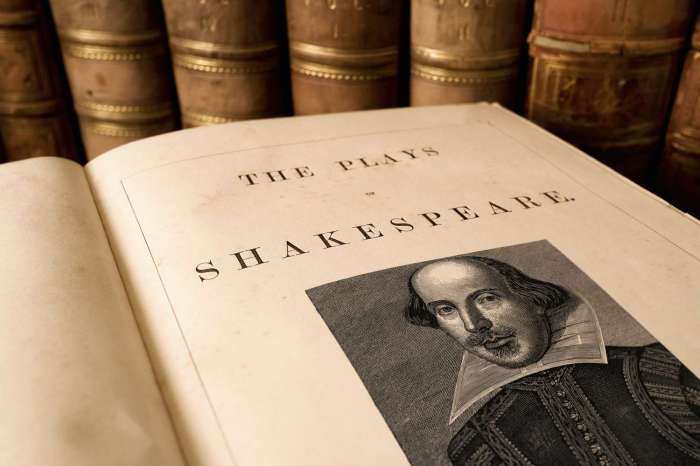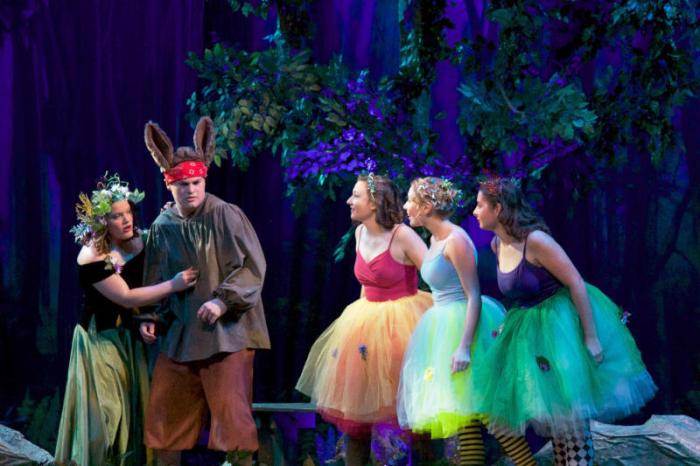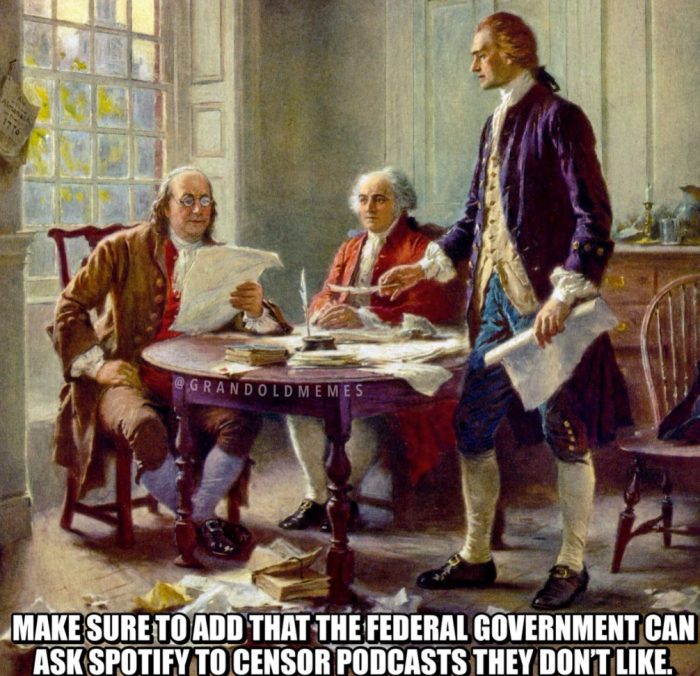Realistic plays have constantly been plagued by censorship, a sobering fact that has shaped the development of this dramatic genre. Throughout history, realistic plays have faced suppression due to their unflinching portrayal of controversial or challenging themes, often reflecting the social and political realities of their time.
This narrative delves into the historical context of censorship in realistic plays, examining the reasons behind their suppression and the impact on the development of realistic drama. It analyzes the various forms and methods of censorship, exploring their effectiveness in suppressing these plays and their artistic and cultural impact.
Historical Context of Censorship in Realistic Plays
Realistic plays have faced censorship throughout history due to their portrayal of controversial or challenging themes. These themes often reflect the social and political realities of their time, which can make them uncomfortable or threatening to those in power.
For example, Henrik Ibsen’s play A Doll’s House(1879) was banned in several countries because it depicted a woman leaving her husband and children, which was considered immoral at the time.
Censorship has had a significant impact on the development of realistic drama. It has led playwrights to self-censor their work or to find ways to subvert censorship without sacrificing their artistic integrity.
Forms and Methods of Censorship
Censorship of realistic plays has taken various forms, including:
- Government bans
- Theater boycotts
- Self-censorship
Methods used to enforce censorship include:
- Legal restrictions
- Social pressure
- Economic sanctions
The effectiveness of these methods has varied depending on the time and place in which they have been applied.
Artistic and Cultural Impact of Censorship: Realistic Plays Have Constantly Been Plagued By Censorship

Censorship can have a negative impact on the artistic quality of realistic plays. It can limit the expression of controversial or challenging ideas, which can lead to a narrowing of the range of topics that are explored in theater.
Censorship can also stifle creativity and innovation. When playwrights know that their work may be censored, they may be less likely to take risks or to experiment with new forms of theatrical expression.
Social and Political Implications of Censorship

Censorship of realistic plays can have significant social and political implications. It can be used to suppress dissent and control public opinion.
For example, in the United States, the McCarthy era of the 1950s saw the blacklisting of many playwrights and actors who were suspected of having communist sympathies.
Censorship can also be used to shape cultural norms and values. By controlling what is seen and heard on stage, those in power can influence what is considered acceptable and what is not.
Resistance to Censorship

Playwrights, actors, and theater companies have used a variety of strategies to resist censorship. These include:
- Legal challenges
- Public campaigns
- Underground performances
The effectiveness of these resistance efforts has varied, but they have helped to raise awareness of the issue of censorship and to protect the freedom of expression in the theater.
Contemporary Relevance of Censorship in Realistic Plays

Censorship of realistic plays remains relevant in the contemporary era. In recent years, there have been several high-profile cases of plays being banned or censored in various countries.
For example, in 2018, the play The Inheritanceby Matthew Lopez was banned in Saudi Arabia because it depicted gay characters.
The changing nature of censorship in the digital age presents new challenges for playwrights and theater companies. Social media and the internet have made it easier for governments and other groups to censor content, but they have also provided new platforms for playwrights to reach audiences.
Query Resolution
What are the primary reasons for the censorship of realistic plays?
Realistic plays have been censored due to their portrayal of controversial or challenging themes, such as political dissent, social injustice, sexual morality, and religious beliefs, which authorities often deemed inappropriate or subversive.
How has censorship impacted the development of realistic drama?
Censorship has both hindered and shaped the development of realistic drama. While it has suppressed certain plays and limited the expression of controversial ideas, it has also led to the emergence of more subtle and nuanced forms of realism, as playwrights sought ways to convey their messages without overt confrontation with censors.
What are the different forms of censorship applied to realistic plays?
Censorship of realistic plays has taken various forms, including government bans, theater boycotts, and self-censorship. Government bans have prohibited the performance of certain plays altogether, while theater boycotts have pressured theaters not to stage them. Self-censorship has occurred when playwrights or theater companies have voluntarily altered or withdrawn their works to avoid potential censorship.